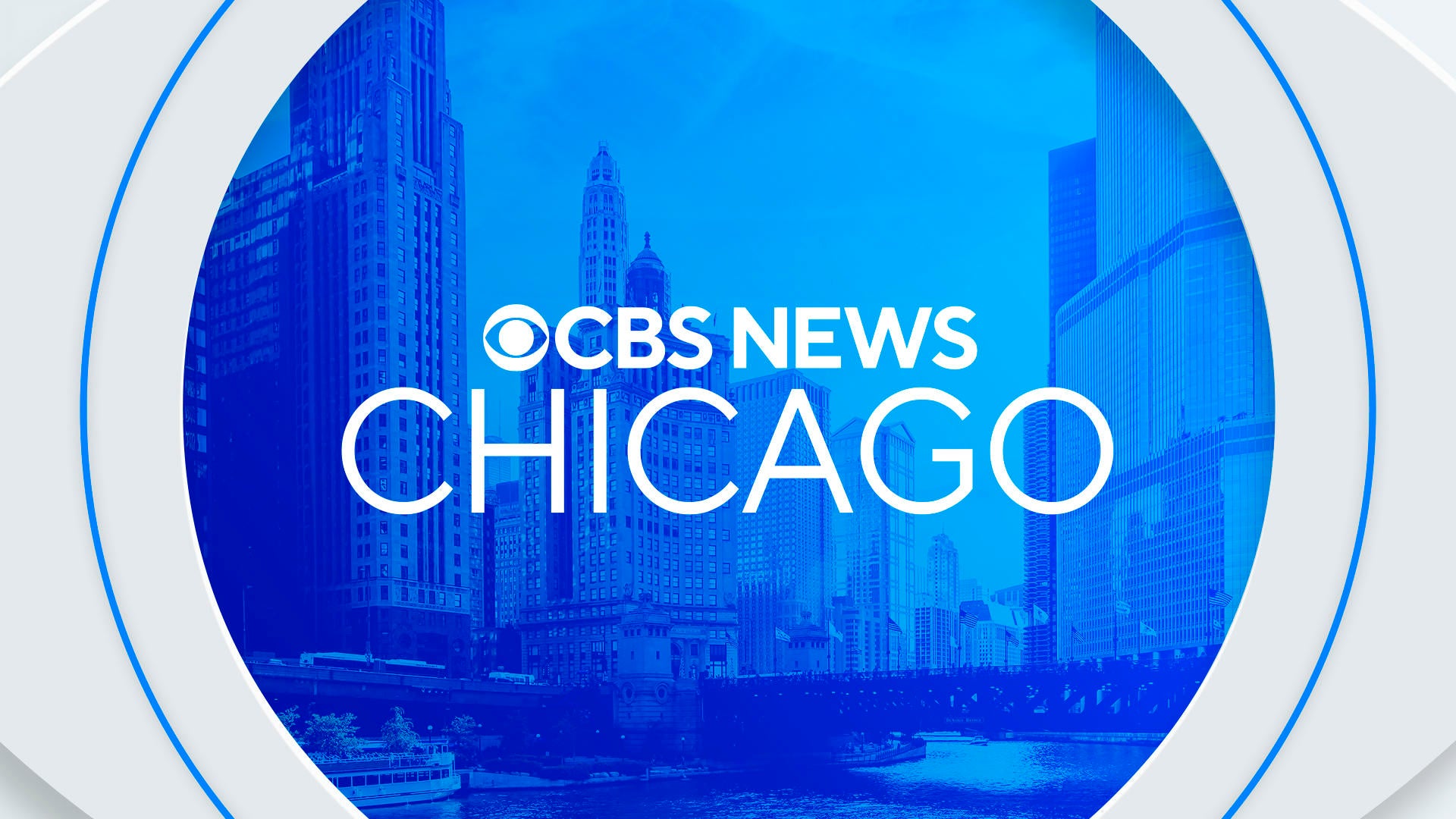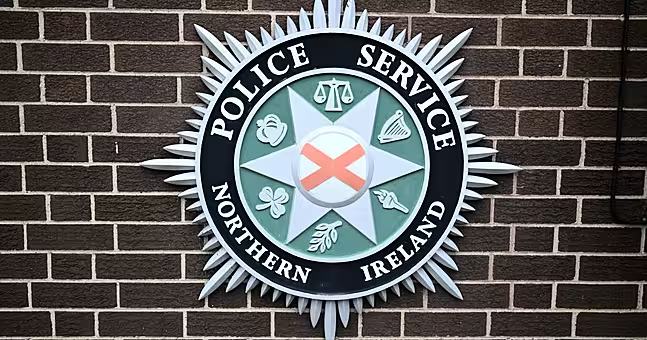Chicago cooling centers, pools, splash pads open during heat wave caused by Midwest heat dome - CBS Chicago
/ CBS Chicago
CBS News Live

A Midwest heat dome is driving high temperatures and humidity that will push the Chicago heat index into the triple digits this weekend, but there are plenty of ways and places to cool down in the city when the weather gets this hot.
Highs will be in the mid-90s on Saturday, with a heat index over 100 degrees. By Sunday, highs are expected to reach near 97 degrees with sunny skies. The heat will continue into Monday, with another over-100-degree heat index.
With the exception of the Garfield Center open 24 hours, the cooling center locations below will be open from 9 a.m. to 5 p.m. Monday through Friday:
· Englewood Center (1140 W. 79th St.)
· Garfield Center (10 S. Kedzie, open 24 hours)
· King Center (4314 S. Cottage Grove Avenue)
· North Area Center (845 W. Wilson Ave.)
· South Chicago Center (8650 S. Commercial Ave.)
· Trina Davila Center (4312 W. North Ave.)
Extreme heat may lead to extended cooling center hours, including on weekends.
Chicago Public Library locations, police stations and other public facilities may also be made available after hours or on weekends to help people find relief outside of the normal cooling center hours. Chicago libraries, over 30 Chicago Park District fieldhouses, pools, and splash pads are all free to access. Water fountains are available at library locations.
For a complete list of locations, visit the Park District's website.
Call 311 to locate a center near you or request a well-being check for someone who may be suffering from the heat.
Chicago swimming pools will reopen for the season on June 21. All 50 Chicago Park District pools will be open seven days a week for the first time since 2020.
The city said outdoor pools will primarily be open from 11 a.m. to 7 p.m. every day, with some pools having longer hours on weekends. Schedules are now available.
Along with the outdoor pools, 27 indoor pools citywide will return to their pre-pandemic schedule of being open six days a week starting June 21.
Visit the Chicago Park District's swimming pool directory to find the closest public pool near you, plus its days and hours of operation.
Heat exhaustion and heatstroke are major risks during a heat wave, especially with high humidity. It is easy to become overheated and dehydrated in high temperatures, so it is essential to make sure you are drinking enough water.
Heat exhaustion is milder than heat stroke. It can develop after several days of exposure to heat and inadequate or unbalanced fluid replacement. Heatstroke is a serious illness that happens when the body begins to lose its ability to regulate its own temperature and functions, and can result in permanent disability or death if not treated as quickly as possible.
Heat exhaustion symptoms include headache, nausea, dizziness, weakness, irritability, thirst, heavy sweating, high body temperature and decreased urine output.
If you or someone you know is experiencing heat exhaustion move into a cool indoor space or shade immediately, give them liquids to drink, remove unnecessary clothing including shoes and socks, used cold water or a cold compress to cool the person down on their head, face and neck, and frequently sip cold water. The CDC also encourages calling 911 or taking the person to an urgent care clinic or the emergency room for treatment.
Heatstroke symptoms include confusion, altered mental status, slurred speech, hot and dry skin or profuse sweating, very high body temperature, loss of consciousness, and very high body temperature. If treatment is delayed, it can quickly become fatal, the CDC says.
If you are with someone experiencing heat stroke, call 911 immediately and stay with that person until help arrives. Move them into a shaded, cool area and remove their outer clothing then work to cool them down as quickly as you can with cold water or an ice bath if possible. Wet the skin or place cold, wet clothes on the skin, or soak their clothing with cold water. You should also circulate the air around them by fanning to help cool them off. The CDC also recommends placing cold wet cloths or ice on the head, neck, armpits and groin to help cool them faster.
Elyssa is a digital news producer for CBS Chicago. She covers breaking news and manages the station's social media presence.











